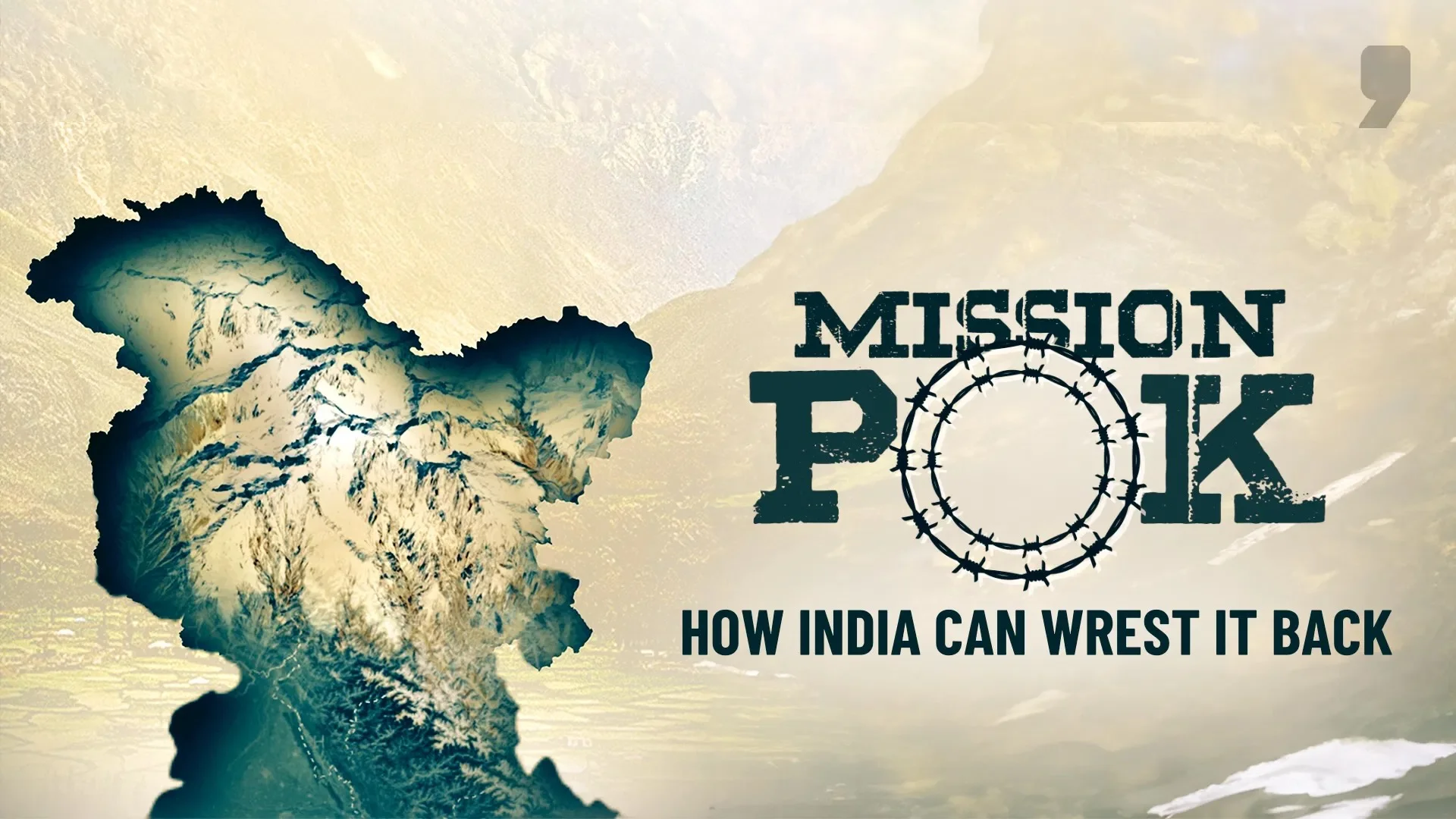Pakistan-occupied Kashmir (PoK) refers to the portion of the former princely state of Jammu and Kashmir that is currently under Pakistani control. The territory has been a source of tension between India and Pakistan since the two countries gained independence in 1947, and the disputed status of PoK has been a key issue in the ongoing conflict between the two nations. The disputed territory was ruled by Maharaja Hari Singh, a Hindu king, but the region had a majority Muslim population. When the state of Jammu and Kashmir acceded to India in 1947, Pakistan claimed that the accession was invalid and sent troops into the region.
Tag: Jammu and Kashmir
Popular Narratives Should not be the Drivers of India’s Global Ambitions
Since independence, up until 1991, India had never attempted to establish formal diplomatic relations with the State of Israel. Not that it did not want to, but it was mainly because of the popular Indian sentiment that it should not keep connections or do any business with the nation that ostracises and conducts atrocities against Palestinian Muslims. And also, because certain sections of the society did not want the Indian state to recognise Israel as a separate entity in itself. Is appeasing and pacifying the heated sentiments of the people considered the deciding factor in foreign policy engagements of a nation?

